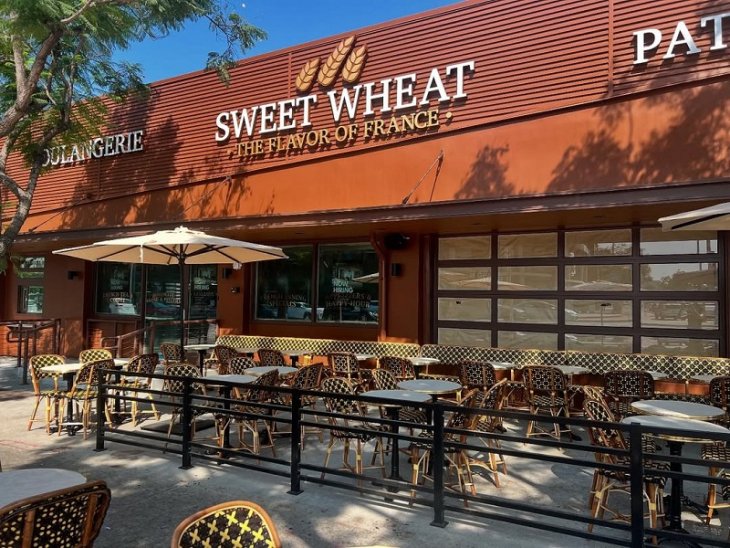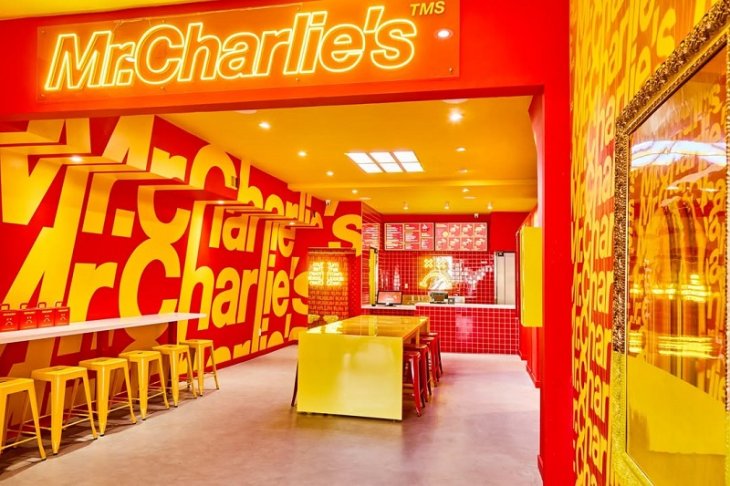New Law Targets Party Houses and Crime, Introduces Permitting Requirement
The Los Angeles City Council has given the green light to a new law mandating hosts of short-term rentals, including Airbnb and hotels, to acquire a police permit, aiming to tackle issues like party houses and crime in such properties as the Los Angeles Times reported.
Proponents, led by Council President Paul Krekorian, argue that the permit requirement will enable the city to better regulate short-term rentals, creating additional bureaucracy for operators. The law provides a mechanism for the City Council and communities to contest the issuance of permits.
Various businesses in Los Angeles, such as car valets, antique stores, and bowling alleys, already need a police permit to operate, involving criminal background checks and substantial fees. As Krekorian stated, the goal is to make the process “as easy and painless and nearly automatic as I can.” He emphasized that routine approval would be granted unless a specific complaint was raised.
According to the Planning Department, 6,725 short-term rental units are listed with the city. The operator of the short-term rental unit would be required to obtain a police permit under this new ordinance.
During a council committee hearing, some Airbnb hosts were unhappy about the proposal, labeling the police permit requirement as excessive. They objected to being fingerprinted as part of a criminal background check and raised questions about the permit fees. Officially, fees haven’t been set, but the suggestion is that it would be around $260. Krekorian expressed the hope that the background check could be conducted without fingerprinting.
Airbnb declined to comment on the proposal, while Peter Hillan, a spokesperson for the Hotel Association of Los Angeles, expressed concern about the new requirement. He questioned whether the LAPD had adequate staff to oversee the additional permits.
The police permit mandate is part of a broader set of regulations unveiled earlier this month, focusing on new hotels. The regulations, negotiated between the city and hotel workers union, impose a more rigorous approval process for new hotels and require developers to replace demolished homes with new residential units or renovate existing ones.





















